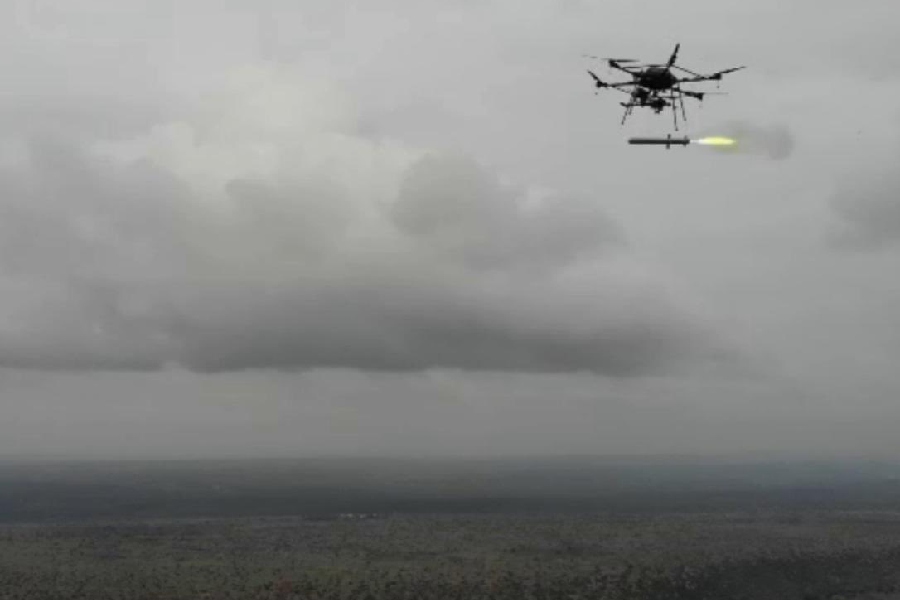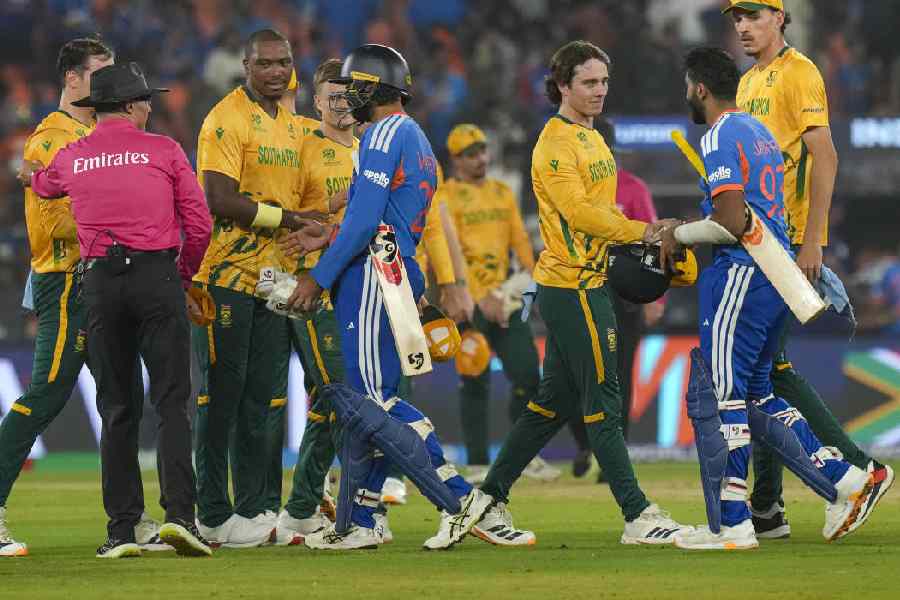 |
Soon after winning the 1952 parliamentary elections, P.C. Bose, freedom fighter and the first MP from Dhanbad, had told his wife Mrinalini: “The responsibility of bringing up the children is yours. I have to devote my entire time to addressing people’s causes.”
However exaggerated it may sound, Bose meant every word of what he said, indicating the kind of dedication, selflessness and seriousness MPs attached to their jobs in those days when India had just gained freedom from the British.
His world was far removed from today’s world of politics based on caste, creed, religion and a bunch of opportunity-seeking netas changing colours like chameleons.
Bose’s elder son Shankar Bose (83), a veteran trade union leader, recalled his father’s working style and how he loved to serve the people who had sent him to Parliament while speaking to The Telegraph on Tuesday.
“My father was a true representative of the people, someone who was always there for the masses. He hardly had time to speak to me and my four siblings. We interacted with him for half an hour or so during dinner.
“The rest of the day, he remained busy solving people’s problems,” said Shankar, who is at present vice-president of Congress affiliated Rashtriya Colliery Mazdoor Union.
“Those days, politicians used to work very hard and selflessly. They went out of their way to help people without any prejudice. My father had even declined a membership in the Council of Viceroy during the period of Lord Linlithgow in the pre-Independence era and instead chose to serve people on the dusty streets of Dhanbad,” he proudly said.
“If politicians really want to work for people, they will have to solve their basic problems like my father did. Today, irregular power supply, shortage of drinking water, congested roads and poor law and order situation are some of the issues that require immediate redressal. Mere tall talks will not do,” he added.
Bose migrated to Dhanbad from Bengal during his childhood and went on to become a teacher at Jharia Raj School. He participated as a representative in the first conference of All India Trade Union Congress (AITUC) in 1920 in Mumbai.
“Such was the impact of my father’s speech in Mumbai that the top leaders of AITUC decided to hold a conference in Jharia in 1922 and again in 1928 when Jawaharlal Nehru was its president. My father also attended the International Labour Conference at Geneva in 1924 as an AITUC representative,” he said.
Bose joined active politics and was chosen by Mahatma Gandhi for the Satyagraha movement from Dhanbad in 1940.
“As soon as my father reached the Congress office at Tilak Bhavan in Jharia, he was arrested. I was accompanying him and had to return home alone, but I never felt discouraged as our father taught us not to get affected due to adverse conditions. He was released after a few months,” Shankar said.
Bose was again arrested in 1942 during the Quit India movement on August 10.
Four days later, Shankar was also sent behind bars for his involvement in arson at Jharia post office and Jharia station.
“Though I was released after three months, my father served three years at Hazaribagh jail and was released in 1945. He left the teaching job after coming out of jail and later fought the election in 1952 on an Indian National Congress ticket. He became the first MP of Dhanbad and was re-elected in 1957 but died in 1959,” Shankar said.
 |










